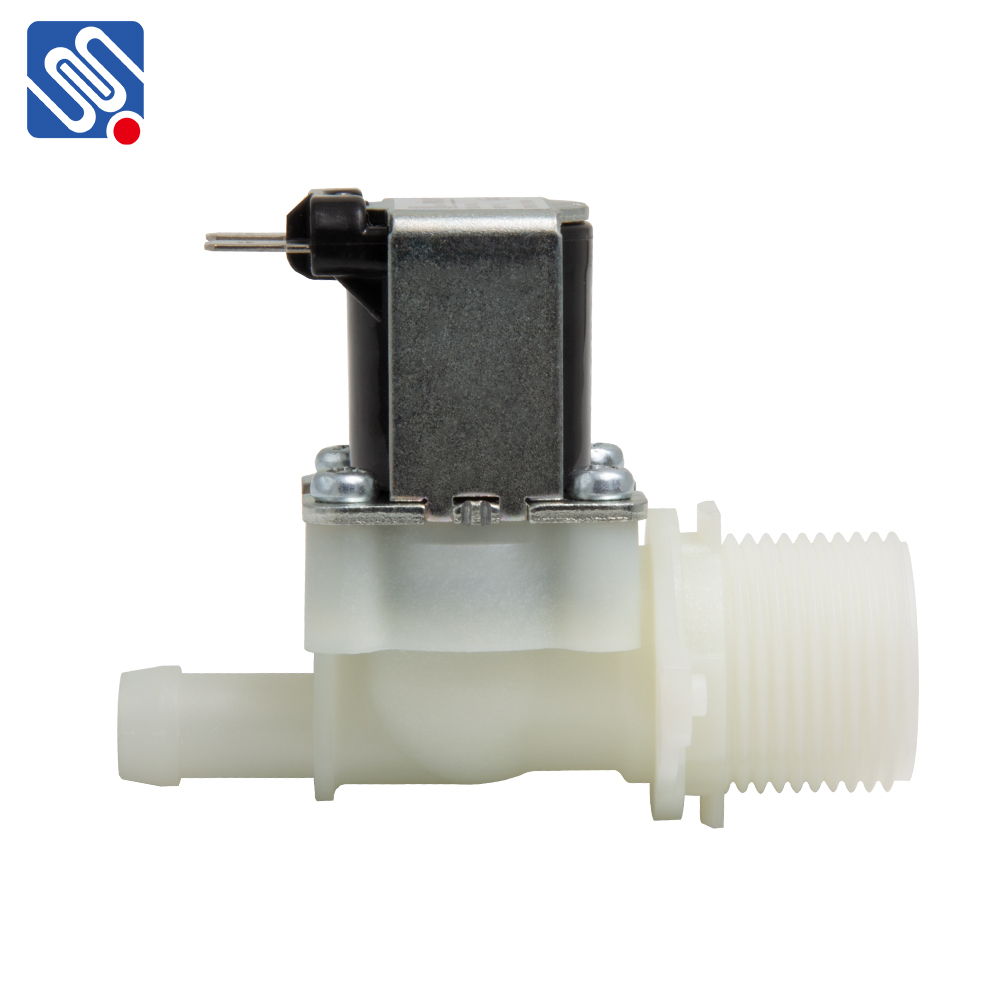understanding the water solenoid valve: a key component in water flow control
Release time:2025-08-11 03:32:43
Water Solenoid Valves are crucial components in modern water management systems, offering precise control over the flow of water through various applications. Whether in agricultural irrigation, industrial systems, or household appliances, these valves automate the flow of water with remarkable efficiency. This article aims to explore the working principles, applications, benefits, and considerations when using water solenoid valves.

What is a Water Solenoid Valve? A water solenoid valve is an electromechanical device that controls the flow of water through a system. The term "solenoid" refers to the coil of wire that generates a magnetic field when an electric current is passed through it. This magnetic field activates a plunger or piston that opens or closes the valve, allowing or stopping water flow. In its simplest form, a solenoid valve consists of a solenoid coil, a valve body, a valve seat, and a spring. When power is supplied to the solenoid coil, it creates a magnetic force that moves the valve mechanism, controlling water flow. When the electric current is cut off, the spring returns the valve to its default position, either closing or maintaining the water flow.

